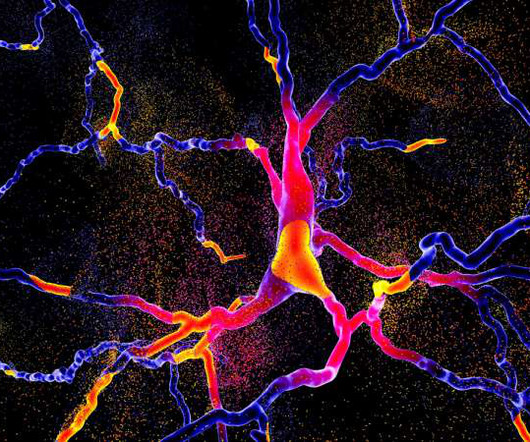Bespoke Gene Therapy Consortium Selects 8 Rare Diseases for Clinical Trial Portfolio
XTalks
MAY 17, 2023
The Foundation for the National Institutes of Health (FNIH) announced this week that the Accelerating Medicines Partnership Bespoke Gene Therapy Consortium (AMP BGTC) has selected eight rare diseases for its clinical trial portfolio.













Let's personalize your content